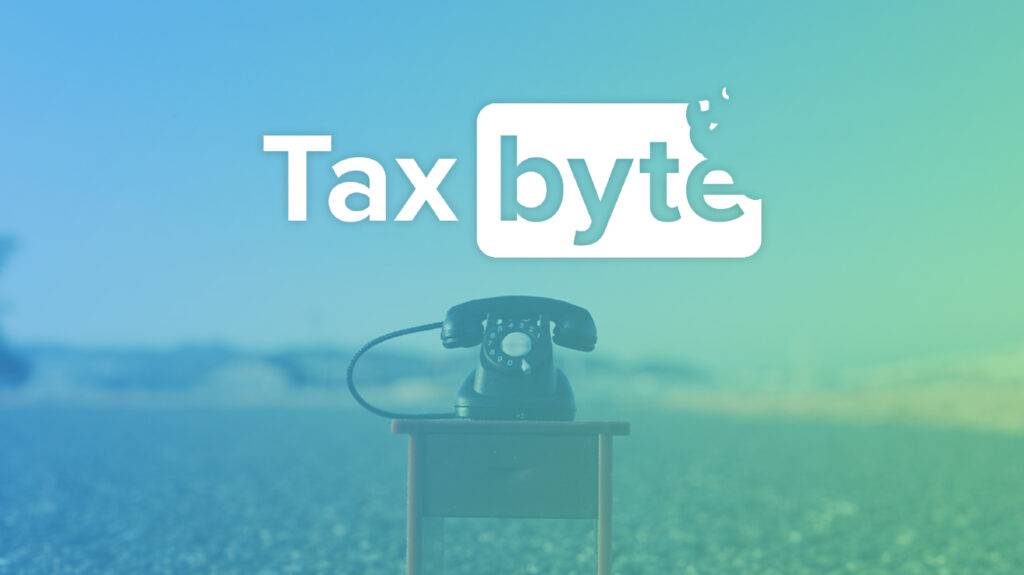
- |
- TaxByte
The Department of Labor (DOL) takes a neutral stance on cryptocurrency being incorporated into 401(k)
3 min read

In case you haven’t heard (or opened the mail), the IRS continues to send erroneous collection notices to certain taxpayers affected by natural disasters even though they are eligible for a delayed tax return filing and payment deadline. Shocker.
That’s right; many taxpayers are receiving CP14 balance due notices from the IRS telling them tax payments are currently due and that the IRS will begin to charge interest and penalties if the taxpayer doesn’t pay up months earlier than IRS guidance permits. You might recall (you don’t) that I mentioned this issue on Twitter last month with the help of funny man Vince Vaughn after the IRS released a statement on the matter.
At that time, the IRS apologized for the potential confusion for applicable California taxpayers and tax pros and reiterated that there is an automatic extension in place for those taxpayers to file and pay their taxes. However, the IRS made sure to note that it had included a special insert with the original collection notices that stated the payment deadline listed in the notice does not actually apply to those covered by a disaster declaration. Cool, cool, cool.
Except now the erroneous notices aren’t just impacting California taxpayers but also those affected by disasters in Alabama, Arkansas, Florida, Georgia, Indiana, Mississippi, and Tennessee. On June 28, the IRS announced that it will be sending a “special follow-up” letter to taxpayers in these states affected by disasters to again let them know that they have additional time to pay their taxes.
“The IRS is working hard to improve our operations as part of our new Strategic Operating Plan,” IRS Commissioner Danny Werfel said in the announcement. “We know our initial mailing caused confusion for taxpayers and tax professionals, and we worked quickly to send a follow-up reminder to help reassure people.” Additionally, the news release stated that the IRS has also updated the insert that will accompany upcoming CP14 balance due notices to make it clearer that the payment date listed in the letter does not apply to those covered by a disaster declaration.
As the National Taxpayer Advocate Erin M. Collins discussed in part one of her July 12 blog post, IRC § 6303(a) requires the IRS to send a notice and demand for payment within 60 days of assessing a tax (e.g. when a taxpayer files a return indicating a tax liability) to initiate the collection process. And to that end, the IRS uses Notice CP14. Further, the notice and demand includes a deadline to pay because under IRC § 6601(e)(2)(A), the IRS does not charge interest if the tax liability is paid within 21 days (ten days if the amount exceeds $100,000). In the situation at hand, although applicable taxpayers weren’t required to yet make a payment, because there was a filed return, and thus an assessment of a balance due, IRS systems automatically sent a notice and demand for payment within 60 days of assessing a tax. In other words, the IRS did not reconfigure its ancient systems to generate the notice based upon the postponed payment due date for disasters.
“Instead of reprograming its systems, the IRS mailed a Notice CP14 even though the payments were not due until the postponed date of August 15 or October 16,” Collins wrote. “The IRS attempted to explain early CP14 notices to taxpayers covered by a disaster declaration who filed their balance due return in a brief paragraph on page 4. The inserted language, however, still resulted in additional confusion for many who contacted the IRS, TAS, and their return preparers.”
Looking ahead, if the IRS must continue to mail erroneous balance due notices, Collins is advising the IRS to at the very least include a note on the first page (instead of page four), that clearly says it is sending this notice to comply with a legal requirement and that taxpayers living in a disaster area still have until the date specified in the disaster declaration to pay their tax liability and will not face interest charges or penalties if they pay by the postponed date.
Your move, IRS.
Subscribe to our news, analysis, and updates to receive 10% off your first purchase of an on-demand digital CPE course.